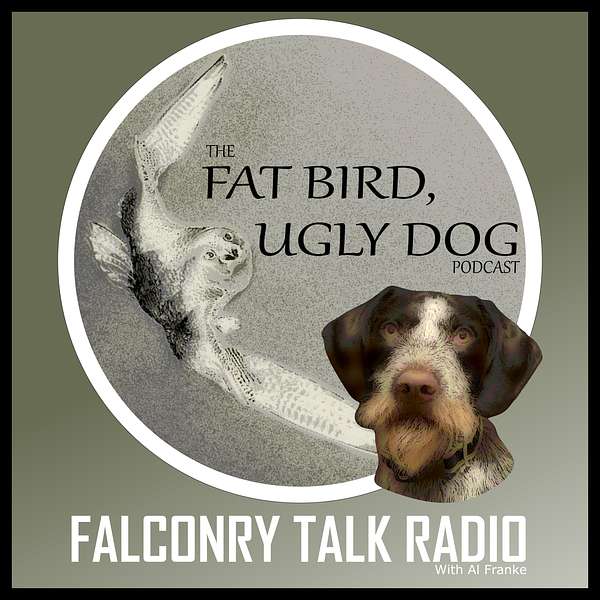
The Fat Bird, Ugly Dog Podcast
The goal of this podcast is to present alternate viewpoints on falconry. Topics covered range from training philosophy, husbandry, and health of birds and bird dogs to conservation and management of raptors, their main prey species, and the respective habitat that they rely on. In addition, I’ll cover-off themes related to hunter ethics, fair chase, and access to public and private land. I’ll outline efforts that falconers can make to contribute to all of these topics of conversation.
The Fat Bird, Ugly Dog Podcast
34. Tony Wasley on "America's Wildlife Values"
In this episode my guest is Tony Wasley, President of the Wildlife Management Institute (WMI). We begin the episode talking about the Institute itself, what is does and when it was established. I am interested in the way that wildlife values are characterized, how they have changed, and how those changes in wildlife values potentially affect the future of hunting and hunters. Tony discusses the dichotomy between areas of focus for wildlife management agencies; the task of tag allocation and the broader responsibility for conversation. Before turning our attention the "America's Wildlife Values Report" (what it is, what is it's purpose, and why hunters should care about the findings), Tony shares his views on what he sees are the main eras of the way that American society has impacted wildlife. Tony tells us about the way American society can be broadly categorized by the way in which individuals relate to wildlife, and he outlines how people are distributed among the each of the categories. Tony then tells us how values have shifted over time, and he explains the underlying reasons for the shift in wildlife values. We talk about the main funding streams, and how people believe wildlife conservation programming should be funded. We spend some time discussing potential underlying causes for an apparent decline in hunting interest. We conclude the episode discussing those things that Tony believes are important factors driving support for hunting in the non-hunting population, and what he believes are the main threats to hunting today.